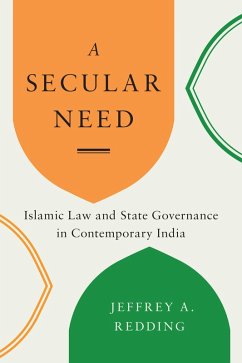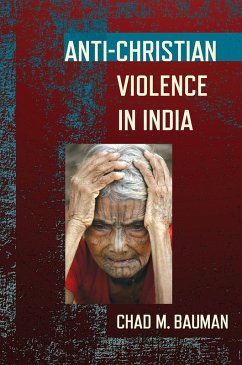Whether from the perspective of Islamic law's advocates, secularism's partisans, or communities caught in their crossfire, many people see the relationship between Islamic law and secularism as antagonistic and increasingly discordant. In the United States there are calls for sharia bans in the courts, in western Europe legal limitations have been imposed on mosques and the wearing of headscarves, and in the Arab Middle East conflicts between secularist old guards and Islamist revolutionaries persistsuggesting that previously unsteady coexistences are transforming into outright hostilities.
Jeffrey Redding's exploration of India's non-state system of Muslim dispute resolutionknown as the dar-ul-qaza system and commonly referred to as Muslim courts or shariat courtschallenges conventional narratives about the inevitable opposition between Islamic law and secular forms of governance, demonstrating that Indian secular law and governance cannot work without the significant assistance of non-state Islamic legal actors.
Jeffrey Redding's exploration of India's non-state system of Muslim dispute resolutionknown as the dar-ul-qaza system and commonly referred to as Muslim courts or shariat courtschallenges conventional narratives about the inevitable opposition between Islamic law and secular forms of governance, demonstrating that Indian secular law and governance cannot work without the significant assistance of non-state Islamic legal actors.
Dieser Download kann aus rechtlichen Gründen nur mit Rechnungsadresse in A, D ausgeliefert werden.









